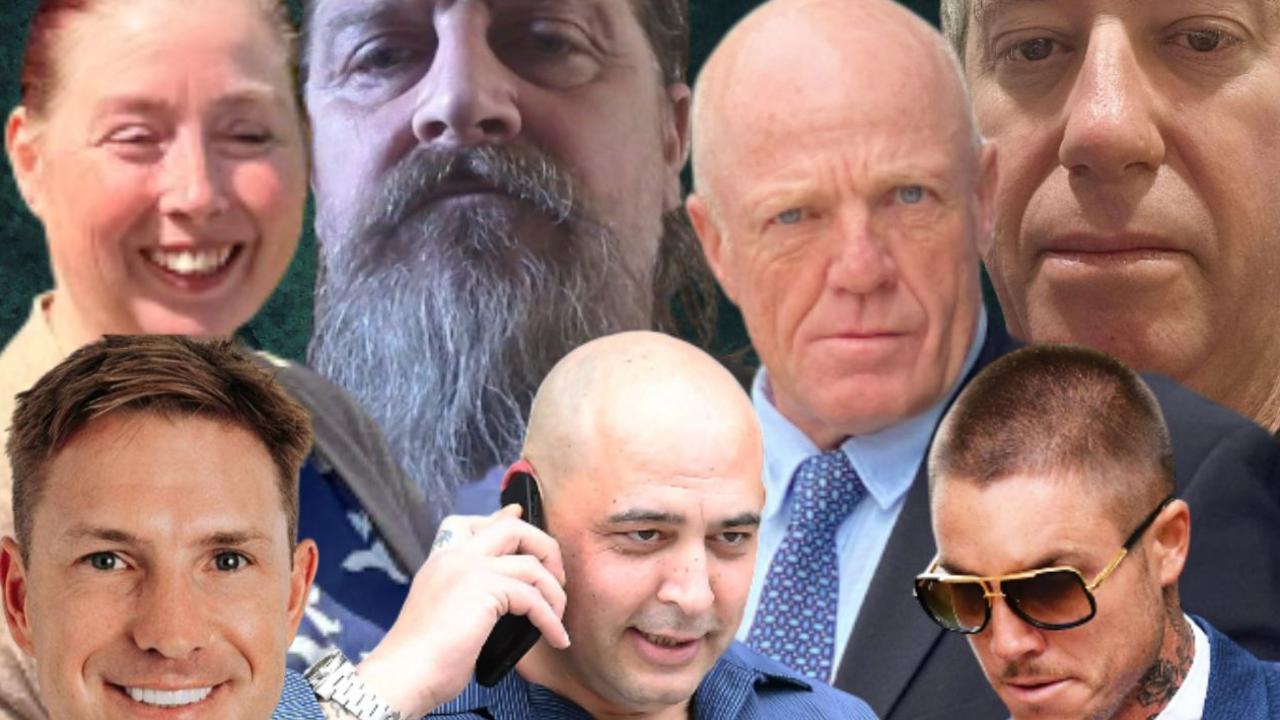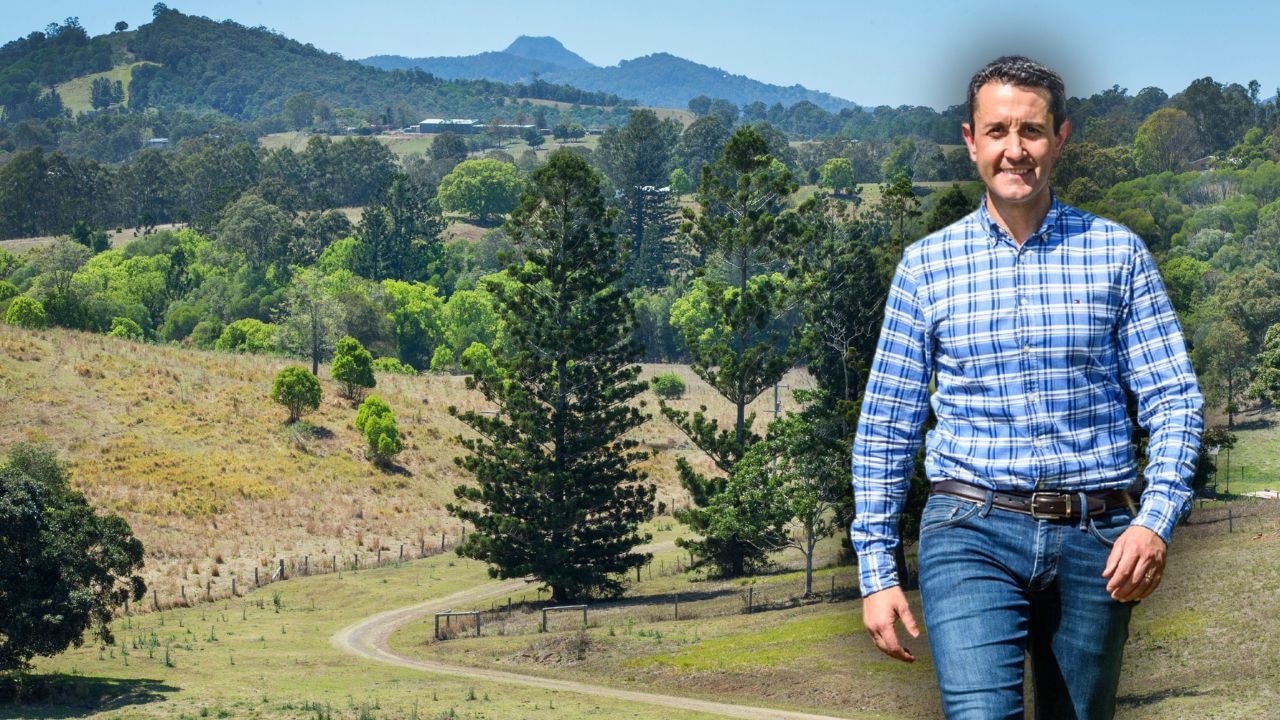Parents’ warning after son dies from meningococcal disease
Daniel Roulant gave his father a big hug, told him: “I love you, Dad” and then drove off with a smile on his face. That was the last time anyone in his family saw the 22-year-old alive.
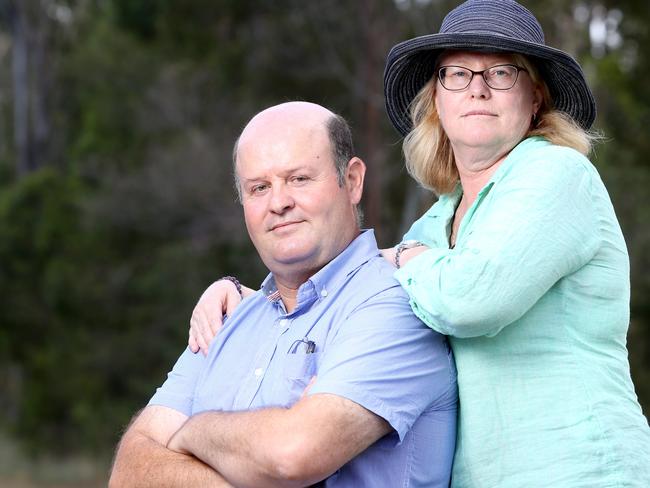
QLD News
Don't miss out on the headlines from QLD News. Followed categories will be added to My News.
DANIEL Roulant gave his father a big hug, told him: “I love you, Dad” and then drove off with a smile on his face.
That was the last time anyone in his family saw the 22-year-old alive.
Tributes flow for Jake Elson after brave battle with bone cancer
Meningococcal hits Brisbane university student, 18
Fifty-six hours later, Nicolas and Leanne Roulant were told by police their “happy-go-lucky, clean-living” middle child had been found dead in bed at the Woolloongabba house he shared with three other young men.
Days later, test results revealed the cause of Daniel’s death — meningococcal B disease, a bacterial infection described by an immunisation expert as “the most rapidly fatal disease known to man”.
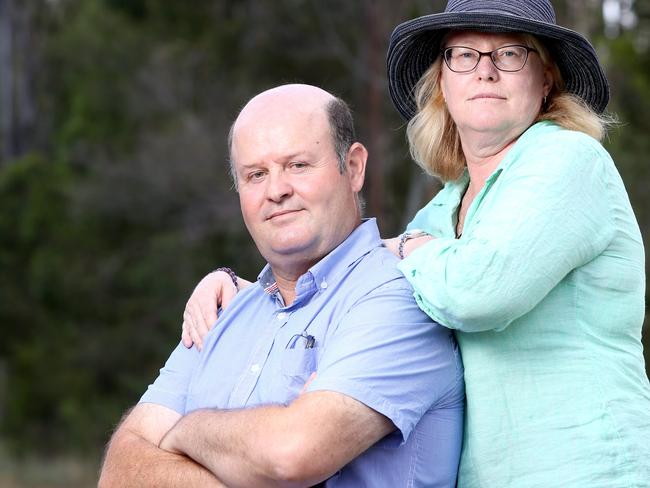
The Roulants have decided to speak out publicly about their son’s death, hoping it will save other lives. They want parents to ensure their children have been vaccinated against all five strains of meningococcal disease; government funding for the meningococcal B vaccine and for people to check in on sick work colleagues and mates.
Daniel went home after spending a day off with his parents, made himself burritos for dinner and happily played X-box with one of his house mates.
He went to work the next day to an inner-city functions centre, started feeling “dizzy, shivering and shaking” within an hour of arrival and fell asleep on a couch in one of the function rooms.
“That was unusual, he would never normally have done that but the people at his workplace didn’t call anybody,” his grieving Dad said, adding the function centre was near a doctor’s surgery.
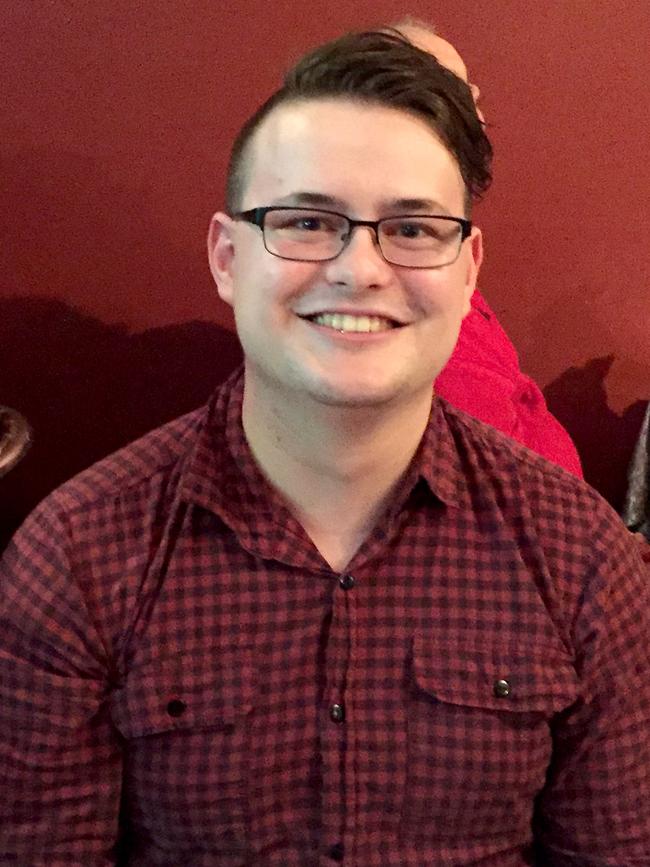
Daniel drove himself home, saw one of his house mates and went to bed. No-one physically checked on him until more than 24 hours later when he was found dead in his bed.
Work colleagues who knew he was ill sent two text messages asking “Are you coming to work today?” but failed to contact his parents to check on his well being.
When he did not answer his mother’s phone calls, his older sister April sent a Facebook message to one of his house mates asking him to look in on her brother.
It was only then Daniel’s body was discovered.
“If he was still living at home, things would have been very different,” his father said. “We would have known something was really bad and we would have taken him to hospital.”
More than a year later, Daniel’s mother is still coming to terms with how her son died.
“The way he died and was left, it’s just heartbreaking for me because I would have done anything for him,” Mrs Roulant said. “But we didn’t get the chance. Now we have to deal with the grief and trying to look after our other kids and trying to get through day to day.”
Daniel was one of 28 Australians who died from meningococcal disease in 2017 — more than the 23 deaths in 2015 and 2016 combined.
The year he died was the worst for meningococcal disease in Queensland since 2008. Daniel was one of 69 Queensland meningococcal cases in 2017. Last year, 58 cases were recorded — half of them the B strain. So far this year, two people have been diagnosed with meningococcal in the state.
Griffith University immunisation expert Paul Van Buynder said parents should check their children’s meningococcal vaccine status with their general practitioners to make sure they are protected against all five strains of the bacteria.
Two types of meningococcal vaccines are available — one to protect against the A, C, W and Y strains and a separate one against the B strain.
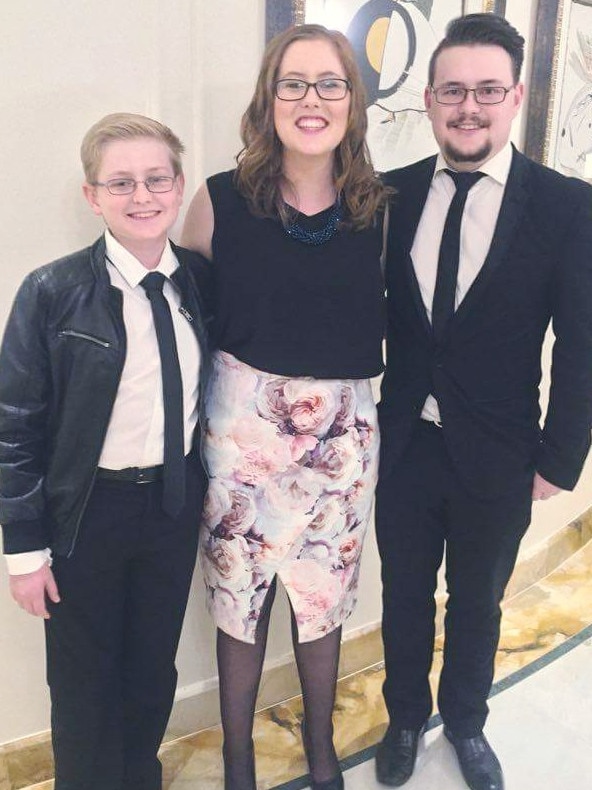
An A, C, W and Y strain vaccine has been free for 12-month-olds since July last year and will be available to students aged 14-16 under a school-based program from April. But, Queenslanders must pay for two doses of B strain vaccine themselves, costing hundreds of dollars.
Although meningococcal disease is relatively rare, with only one to two cases diagnosed a week in Queensland, Professor Van Buynder said the consequences were “often catastrophic”, such as in Daniel’s case.
“Even though we’ve got very impressive intensive care units in Queensland, and we save a lot of limbs and a lot of lives nowadays, one in 10 will still die and a significant proportion will end up deaf or have amputations,” he said.
In the absence of government funding for a B strain vaccine and for catch-up programs for children not eligible for a free A, C, W and Y strain shot, Professor Van Buynder urged parents to try to pay for the jabs themselves.
“We understand that not everybody can afford this but sometimes if you talk to your relatives, maybe a child’s uncle would be happy to cover the cost or someone within the broader family who’s not going through the same financial strain,” he said.
New market research involving nearly 3500 Australians found 15 per cent of Queensland parents were not aware of meningococcal disease.
Almost seven in 10 Queensland parents who participated in the survey, funded by the pharmaceutical company that made the meningococcal B jab, Bexsero, were unaware that different strains of meningococcal disease required different vaccinations. Nearly eight in 10 didn’t know the National Immunisation Program doesn’t cover all vaccine-preventable strains of the disease.
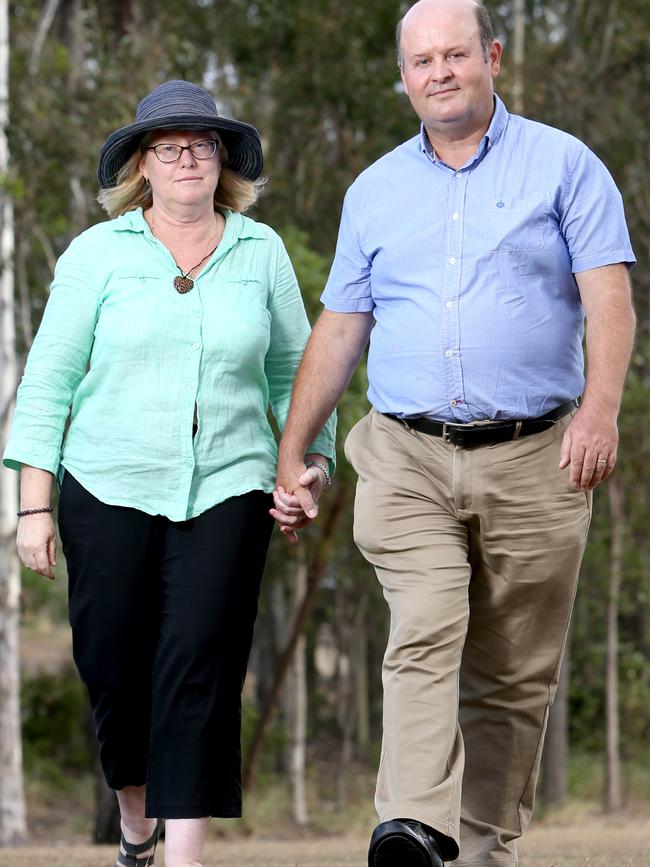
Bexsero has been rejected several times for inclusion on Australia’s subsidised Pharmaceutical Benefits Scheme and as part of the National Immunisation Program.
In July last year, the South Australian Government introduced a vaccination program for babies and young people against meningococcal B disease.
A Queensland Health spokeswoman said the department welcomed a “nationally consistent and long-term approach” to protect Australians from meningococcal B infections.

